At iAgility, our team reads countless resumes each day. We have first-hand experience in crafting, developing and managing resumes from both sides of the equation: the employer and the candidate. In this article, our team has collected the best practices we have come across, to help you craft the best resume.
Keep it simple. We come across countless resumes, some as short as two pages and some as long as ten or more. On longer resumes, we find candidates listing in detail every project they have been involved with and other irrelevant information.
Your resume is your business card. It should highlight the main points and key messages you want to convey to the recruiter or resume screener. In general, hiring managers will not read more than two pages, especially in the initial phases of the recruitment process.
Below are the main sections you must include in your resume:
- Education: In this section, you should include your degrees, certifications, technical boot camp, online courses, and any other technical and professional training you have completed.
- Work experience: In this section, you should simply highlight any employment roles you have held throughout your career. Only add a few bullet points for each role to explain your accomplishments and job duties. You should also include any internships you finished in this section.
- Skills: This is one of the most critical sections of your resume. Keep it simple yet comprehensive. You can theme or categorize skills in this section. For example, programming languages, platforms, and such.
- Highlights: We recommend that you write this section after you have completed your resume but include it at the top of the document. In this section, add the most relevant achievements and skills that relate to the job for which you are applying.
- Portfolio: It is essential to include examples of the actual work you have completed. Consider adding links to your portfolio or your GitHub account to showcase your skills and experience.
- Awards: In this section include any relevant awards such as coding competitions and This can be an especially useful section if you are starting a career in software development and have little formal experience.
In general, make sure that everything you include is relevant. While you might want to add some of your interests or hobbies to give the hiring manager the opportunity to get to know you a little better, think twice before you add them. Make sure any additional information of this sort is brief and only at the end of the resume. Do not waste the precious real estate of your resume on irrelevant information.
Keep in mind that you will need to create a different resume for every job you are applying to. Each position is unique. Some require specific UML standards or different programming languages, some require knowledge and experience in SCRUM or A/B testing or AI or Machine Learning. Because of this, you will need to identify the keywords and essential requirements and include them on your resume when possible.
When discussing your projects and achievements, use the Task-Action-Results formula. Start by mentioning what the task /problem or goal was, then what action you took including tools used and knowledge applied, and finally what the results of your actions were. For example: “I have simplified the software code in JavaScript, saving about 300 hours of unnecessary troubleshooting.”
Lastly, do not include an “Objective” section on your resume. This is an obsolete section of resume writing. Instead, replace it with a “summary” or “profile” section. In this section, which should be the first section after your name and contact information, briefly introduce yourself and include several points that will encourage the hiring manager to read further. Consider this section your 30-second pitch that summarizes your career path thus far.
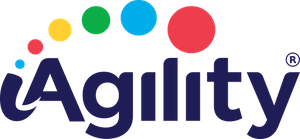

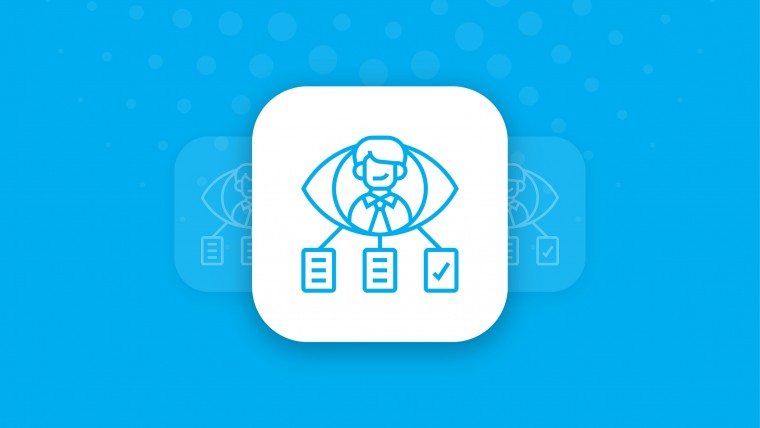
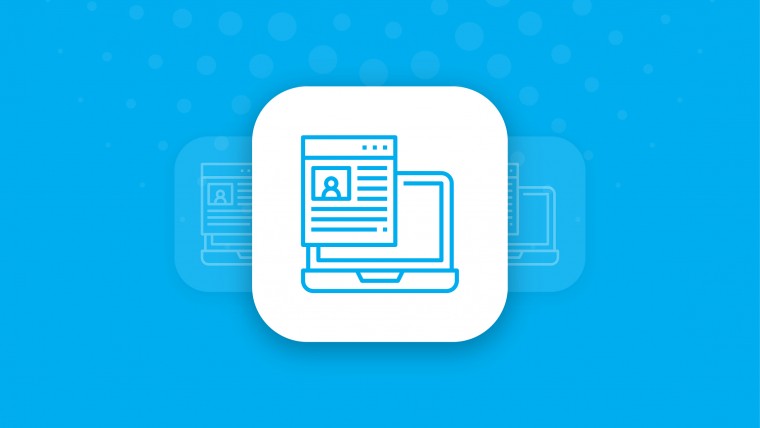
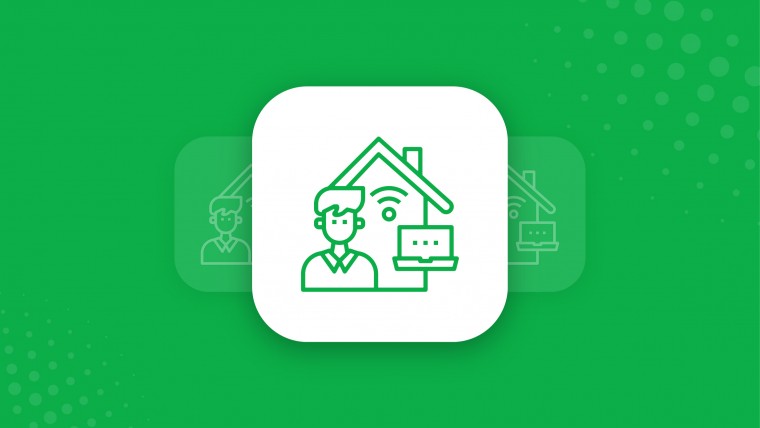
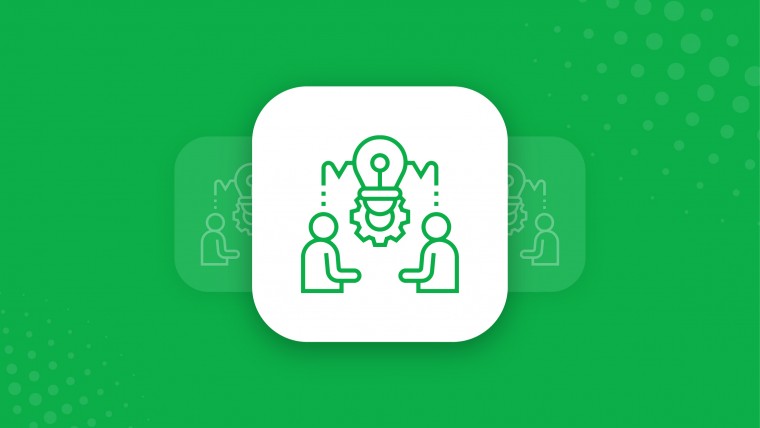
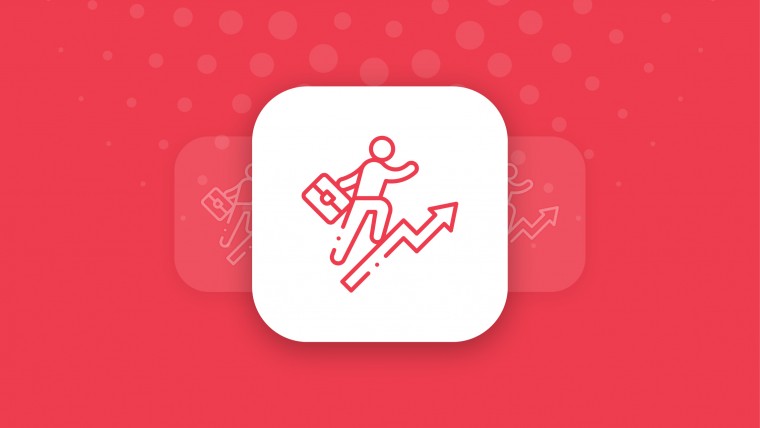
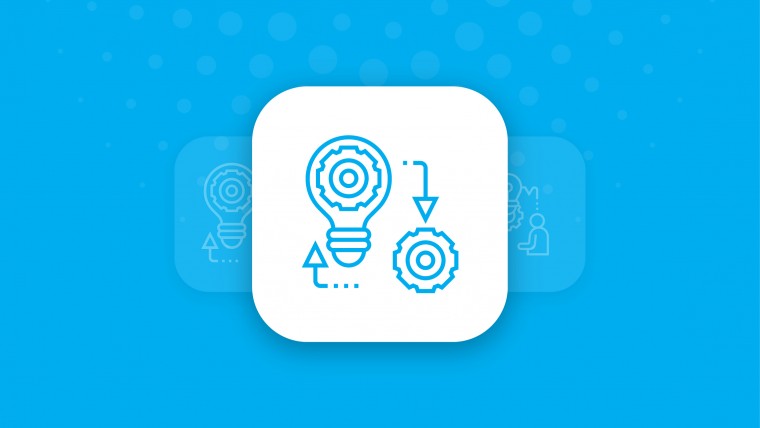
5 Reasons Why Strategic Decision Making Is Most Important In Business Growth
Top 10 Tips for Healthy Work-Life Balance
4 Characteristics of high performing transformation teams
8 Characteristics of great consultants. Do you have what it takes?
Should You Become An Independent Consultant?
8 Characteristics of great consultants. Do you have what it takes?
4 Characteristics of high performing transformation teams
Types of Cloud Computing